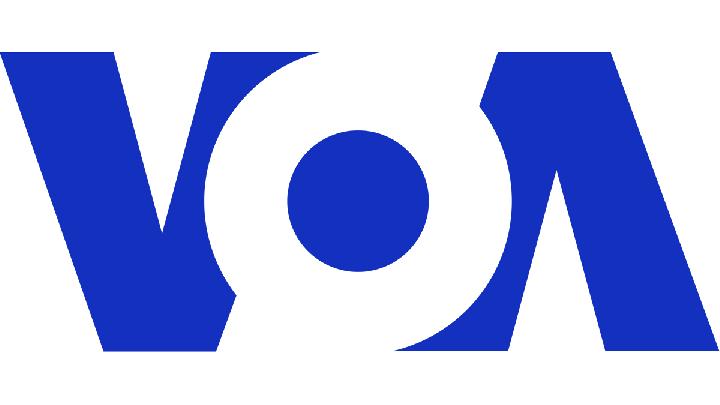TEMPO.CO, Jakarta - A crypto venture recently unveiled by U.S. President-elect Donald Trump and his new Middle East envoy, billionaire Steve Witkoff, has partnered with a crypto platform that authorities and financial experts say has been used by criminals and Iran-backed militant groups Hamas and Hezbollah.
World Liberty Financial Inc, founded by the Witkoff family two months before November’s U.S. election with Trump as a financial beneficiary, presents concerns over ethics and conflicts of interest, say six specialists in U.S. government ethics.
Among their biggest concerns is World Liberty’s new partner: Tron crypto platform.
Quicker and cheaper than Bitcoin, the Tron network has overtaken its rival as a vehicle for crypto transfers associated with groups designated as terror organizations by Israel, the United States, and other countries, Reuters reported in 2023, citing interviews with seven financial crime experts and cryptocurrency investigations specialists.
Tron announced last month it was investing $30 million in World Liberty. Tron’s founder, Chinese-born entrepreneur Justin Sun, will join the Trump-Witkoff venture as an advisor, Sun and World Liberty said on social media platform X. The British Virgin Islands-registered Tron is now World Liberty’s largest investor, Sun said.
Crypto seizures announced by the Israeli security services since 2021 have frequently singled out Tron’s use by militants, including Hamas whose 2023 attack on Israel killed 1,200 people, according to Israeli authorities, and triggered the Gaza war.
Israel's National Bureau for Counter Terror Financing (NBTCF), which is responsible for such seizures, froze 186 Tron wallets since July 2021, saying they were used by a "designated terrorist organization" or for a "severe terror crime." Of those, Israeli authorities linked 84 Tron wallets to Hamas or Hamas allies, including Islamic Jihad, 39 to Hezbollah and 63 to unspecified terrorist groups or money changers. The most recent Tron seizure was announced on March 28.
Reuters could not independently determine Tron’s use by militant groups, and the NBTCF did not provide evidence for its assertions or respond to requests for more details. Hamas and Hezbollah did not respond to requests for comment.
Tron, which profits from transaction fees on its network, told Reuters its technology “has attracted both lawful users and those with illicit motives” but did not specifically respond to claims it has been used by militants. The company “has taken proactive measures to address the risk of illicit activities on its network,” a Tron spokesperson said in response to questions for this story. A collaboration with law enforcement launched in September froze $70 million in illicit funds, the spokesperson said. Sun, the founder, did not respond to a request for comment.
On the sidelines of a crypto conference in Abu Dhabi, Eric Trump told Reuters that the use of crypto by criminal groups was “everybody’s foremost concern” but said traditional financial institutions were also used to funnel “bad money.” “Anything can be manipulated if used by the wrong people, and you have to crack down on it,” Trump’s second son said, adding that the crypto industry will do “a great job” of policing itself when it comes to illicit flows.
The U.S. Treasury Department has also seized Tron wallets, including an account linked to a group that the department said raised money for Hamas in the wake of the 2023 attack on Israel. In March, the Treasury leveled sanctions against a Lebanon-based money changer who it said provided Hezbollah officials with crypto accounts, including a Tron wallet, to receive funds from Iran.
Tron’s investment in World Liberty raised concerns among ethics experts.
"There are red flags all over this,” said Kathleen Clark, a professor at Washington University in St. Louis who specializes in government ethics. Her concerns include the significant size of Tron’s investment in World Liberty, whether Trump could benefit financially from it and the alleged use of Tron by militants including Hamas and Hezbollah.
She also highlighted an investigation of Tron founder Sun by the U.S. Securities and Exchange Commission. In 2023, the SEC charged Sun with fraud, accusing him of artificially inflating trading volume and concealing payments to celebrities to promote his companies. Sun, who is based in Switzerland and is a citizen of Grenada, said the SEC charges “lack merit.” The case is ongoing.
Clark questioned whether World Liberty’s close relationship with Sun would pose a conflict of interest for Trump once his administration takes over the SEC in January.
Spokespeople for Trump and his transition team did not directly respond to questions about Trump’s financial ties to World Liberty, the Tron investment and potential conflicts. "President Trump didn't get into politics for profit,” said transition spokesperson Karoline Leavitt. “He's fighting because he loves the people of this country and wants to make America great again.”
Militant groups and criminals like Tron because it gives users the option to conceal their identities, charge low fees, and can be converted into cash easily, according to some crypto experts.

 3 months ago
71
3 months ago
71













































